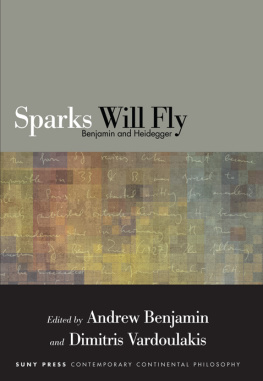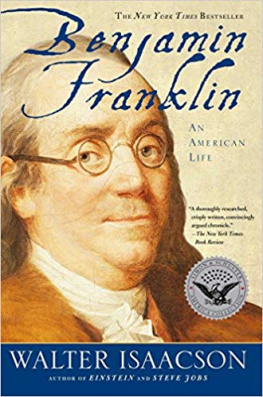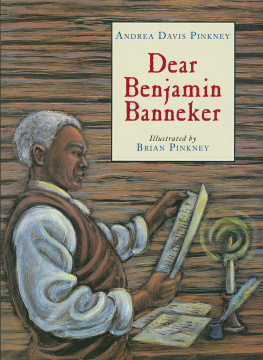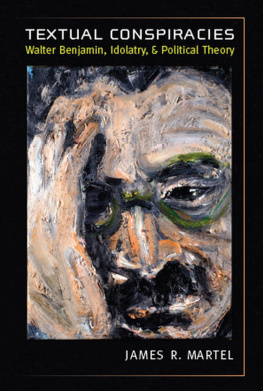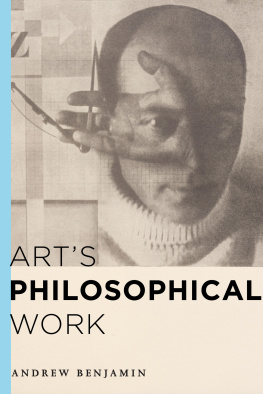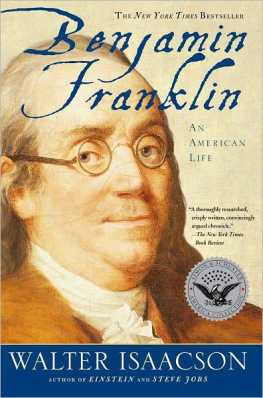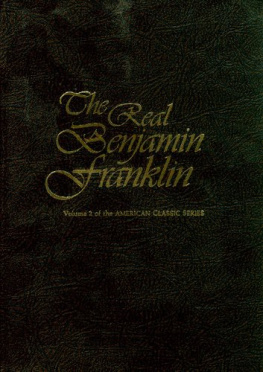| Walter Benjamin: |
| AP | The Arcades Project, trans. Howard Eiland and Kevin McLaughlin (Cambridge, MA: Belknap, 1999). All references to the Convolutes of The Arcades Project are given parenthetically according Convolute number without further specification. |
| BA | Briefwechsel 19381940: Theodor W. Adorno, Walter Benjamin, ed. Gershom Scholem (Frankfurt am Main: Suhrkamp, 1994). |
| BS | Briefwechsel 19331940: Walter Benjamin, Gerschom Scholem, ed. Gershom Scholem (Frankfurt am Main: Suhrkamp, 1985). |
| C | The Correspondence of Walter Benjamin 19101940, ed. Gershom Scholem and Theodor W. Adorno, trans. Manfred R. Jakobson and Evelyn M. Jakobson (Chicago: University of Chicago Press, 1994). |
| CA | Theodor W. Adorno and Walter Benjamin, The Complete Correspondence 19201940, ed. Henri Lonitz, trans. Nicholas Walker (Cambridge, MA: Harvard University Press, 1999). |
| CS | The Correspondence of Walter Benjamin and Gershom Scholem, ed. Gershom Scholem, trans. Gary Smith and Andr Lefevere (Cambridge, MA: Harvard University Press, 1992). |
| GB | Gesammelte Briefe, ed. Christoph Gdde and Henri Lonitz (Frankfurt am Main: Suhrkamp, 19952000). |
| GS | Gesammelte Schriften, eds. Rolf Tiedemann and Hermann Schweppenhuser (Frankfurt am Main: Suhrkamp, 1974 ff.). |
| OT | The Origin of the German Tragic Drama, trans. John Osborne (London: Verso, 1998). |
| SW | Selected Writings, ed. Michael W. Jennings (Cambridge, MA: Belknap, 19972003). |
| Martin Heidegger: |
| BPP | The Basic Problems of Phenomenology, trans. Albert Hofstadter (Bloomington: Indiana University Press, 1982). |
| BQP | Basic Questions of Philosophy, Selected Problems of Logic, trans. R. Rojcewicz and A. Schuwer (Bloomington: Indiana University Press, 1994). |
| BT | Being and Time, trans. John Macquarrie and Edward Robinson (New York: Harper, 2008). |
| BW | Basic Writings, ed. David Farrell Krell (New York: Routledge, 1993). |
| CP | Contributions to Philosophy (From Enowning), trans. Parvis Emad and Kenneth Maly (Bloomington and Indianapolis: Indiana University Press, 1999). |
| FCM | Fundamental Concepts of Metaphysics: World, Finitude, Solitude, trans. W. McNeill and N. Walker (Bloomington: Indiana University Press, 1995). |
| GA | Gesamtausgabe (Frankfurt am Main: Vittorio Klosterman, 1974 ff.). All German references to this edition. |
| HH | Hlderlins Hymn The Isther, trans. William McNeil and Julia Davis (Bloomington: Indiana University Press, 1996). |
| HP | Elucidations of Hlderlins Poetry, trans. Keith Hller (Amherst, NY: Humanity Books, 2000). |
| IM | Introduction to Metaphysics, ed. and trans. Gregory Fried and Richard Polt (New Haven, CT: Yale University Press, 2000). |
| M | Mindfulness, trans. Parvis Emad and Thomas Kalary (London and New York: Continuum, 2006). |
| ML | The Metaphysical Foundations of Logic, trans. Michael Heim (Bloomington: Indiana University Press, 1984). |
| N | Nietzsche, vol. 4, Nihilism, trans. Frank A. Capuzzi (San Francisco: HarperCollins, 1991). |
| P | Pathmarks, ed. William McNeill (Cambridge: Cambridge University Press, 1998). |
| PLT | Poetry, Language, Thought, trans. Albert Hofstadter (New York: HarperCollins, 1971). |
| QTC | The Question Concerning Technology and Other Essays (New York: Harper & Row, 1977). |
| TB | On Time and Being, trans. Joan Stambaugh (New York: Harper & Row, 1972). |
| WT | What Is a Thing?, trans. W.B. Barton Jr. and Vera Deutsch (Chicago: Regnery, 1968). |
| ZS | Zollikon Seminars: ProtocolsConversationsLetters, ed. Medard Boss, trans. F. Mayr and R. Askay (Evanston, IL: Northwestern University Press, 2001). |

